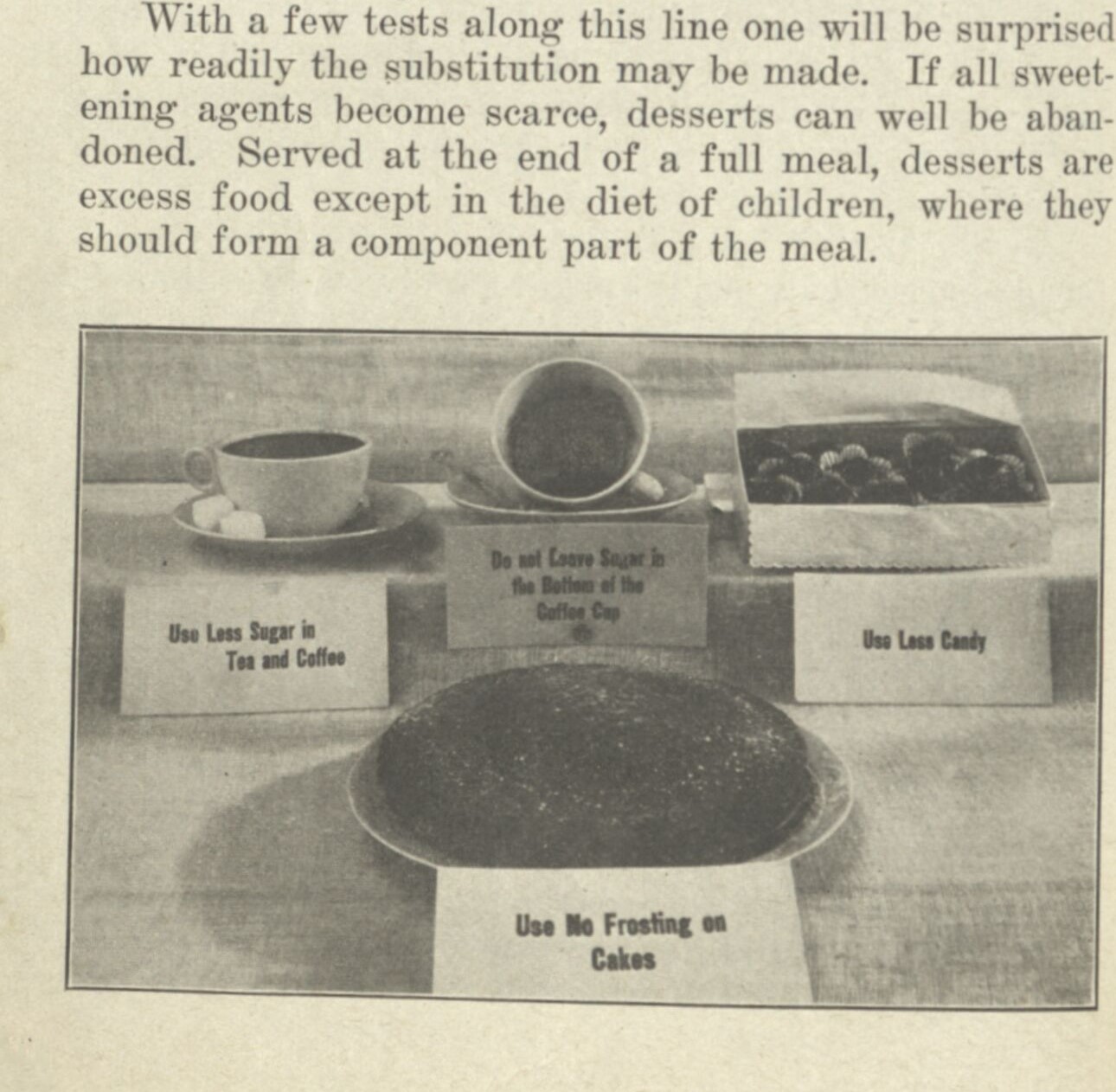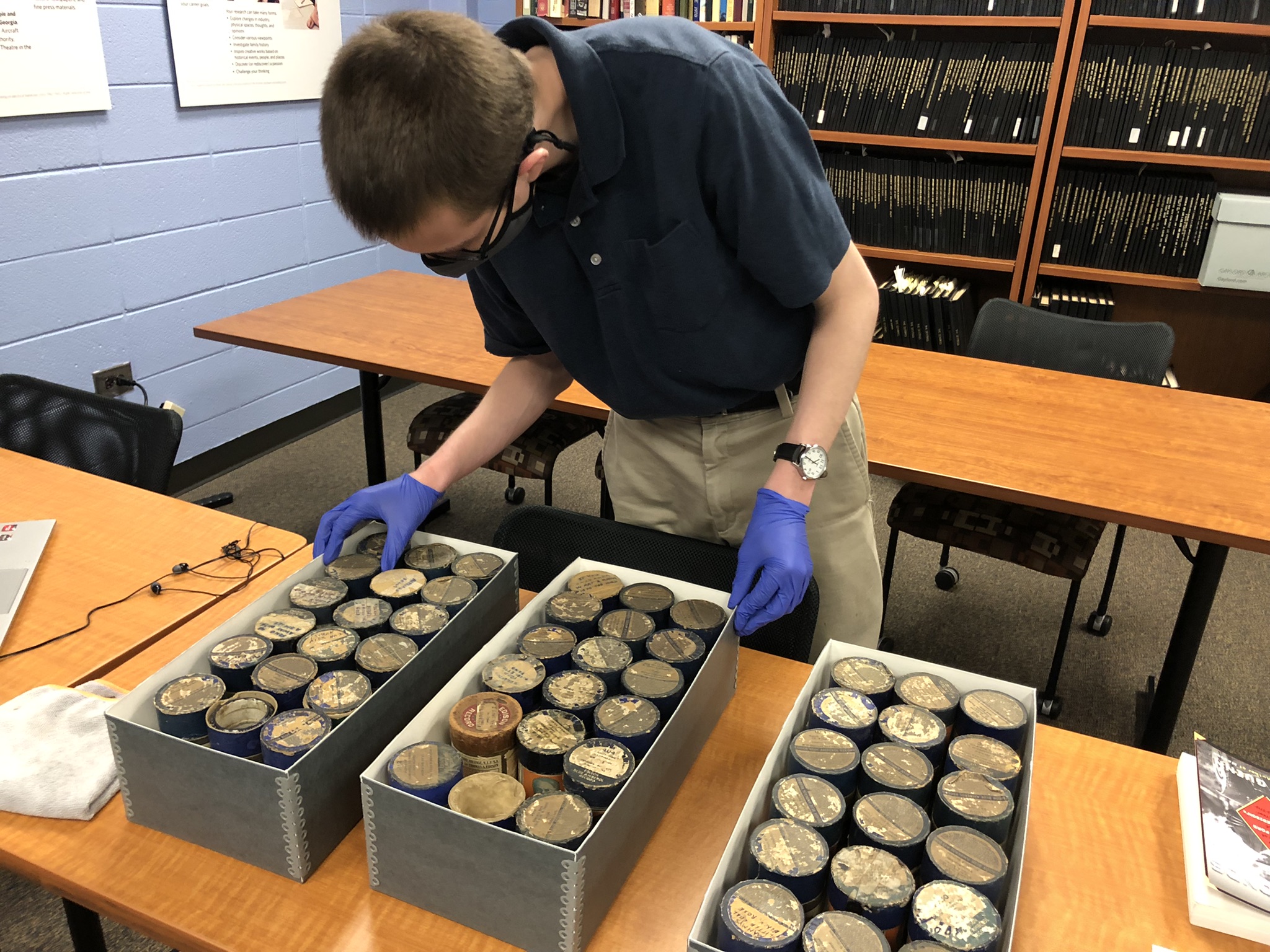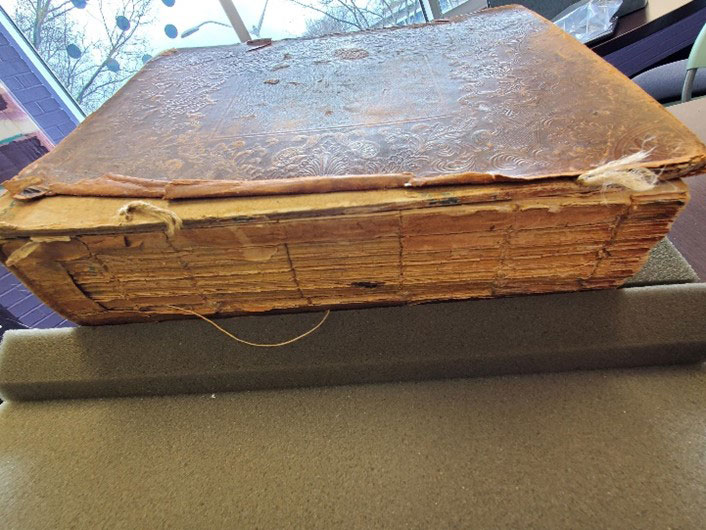
Cooking with Rare Books: Frightful Foods in "The English Housewife"
KENNESAW, Ga. | Oct 28, 2020
KSU senior Camilla Stegall shares some of the strangest recipes from Gervase Markham's "The English Housewife" (1631).
Hello everyone! It’s Halloween and time to get a spooky! Gervase Markham’s The English Housewife provides some content that is indeed a little spooky.
When reading The English Housewife, there are many words that we use in cooking today, although they might not be spelled the same, such as “sinamon” or “onyons.” Although, seeing something misspelled like that could be justified a horror itself. But there are other words that we might not come across now, like sippets and verjuice.
Now it’s time to get really spooky—with the word, “Coffin.” “Coffin” might possibly be the most surprising word of all and incredibly confusing to come across mid-recipe. Especially when the recipe tells you to put your food mixture into the coffin and cook in the oven…it just doesn’t seem completely feasible. But according to The Foods of England Project, a “coffin” in the early 17th century and earlier would have referred to something similar to our pie crusts. And sometimes it was a very heavy crust that was able to stand by itself without a pie pan. There are several recipes in The English Housewife that use these doughy coffins.
“Tarts” are a prominent dessert recipe in the English Housewife. Some of these tarts might sound familiar as well, such as Apple Tart and Cherry Tart. Others might take a bit of translation including the Pippen Tart, which in this context is a type of apple—not a hobbit, and the Codlin Tart, which in The English Housewife refers to “greene Apples.”


Most of the tart recipes refer to the Pippen Tart for the base recipe. So, because of that fact and it being autumn, the best time for apple desserts, we will examine the Pippen Tart recipe.

There you have it! Pippins in a Coffin or translated, An apple tart. Now you will have a new phrase to possibly frighten family and friends if you make a pie in October!
If you are interested in learning more about cooked Coffins and would like to follow along with another recipe click this link! Townsends’ YouTube Channel is dedicated to 18th-century lifestyle, but in this video, he dives back into the 17th century with another cookery book by Gervase Markham and recreates a coffin recipe in true historical fashion!
For more information on Food and Drink during Markham’s time period:
Mortimer, Ian. 2012. The Time Traveller’s Guide to Elizabethan England. New York, New York: Viking
Best, Michael R., ed. 1986. The English Housewife. Kingston, Ont.: McGill-Queen’s University Press.
The Foods of England Project - http://www.foodsofengland.co.uk/index.htm
















